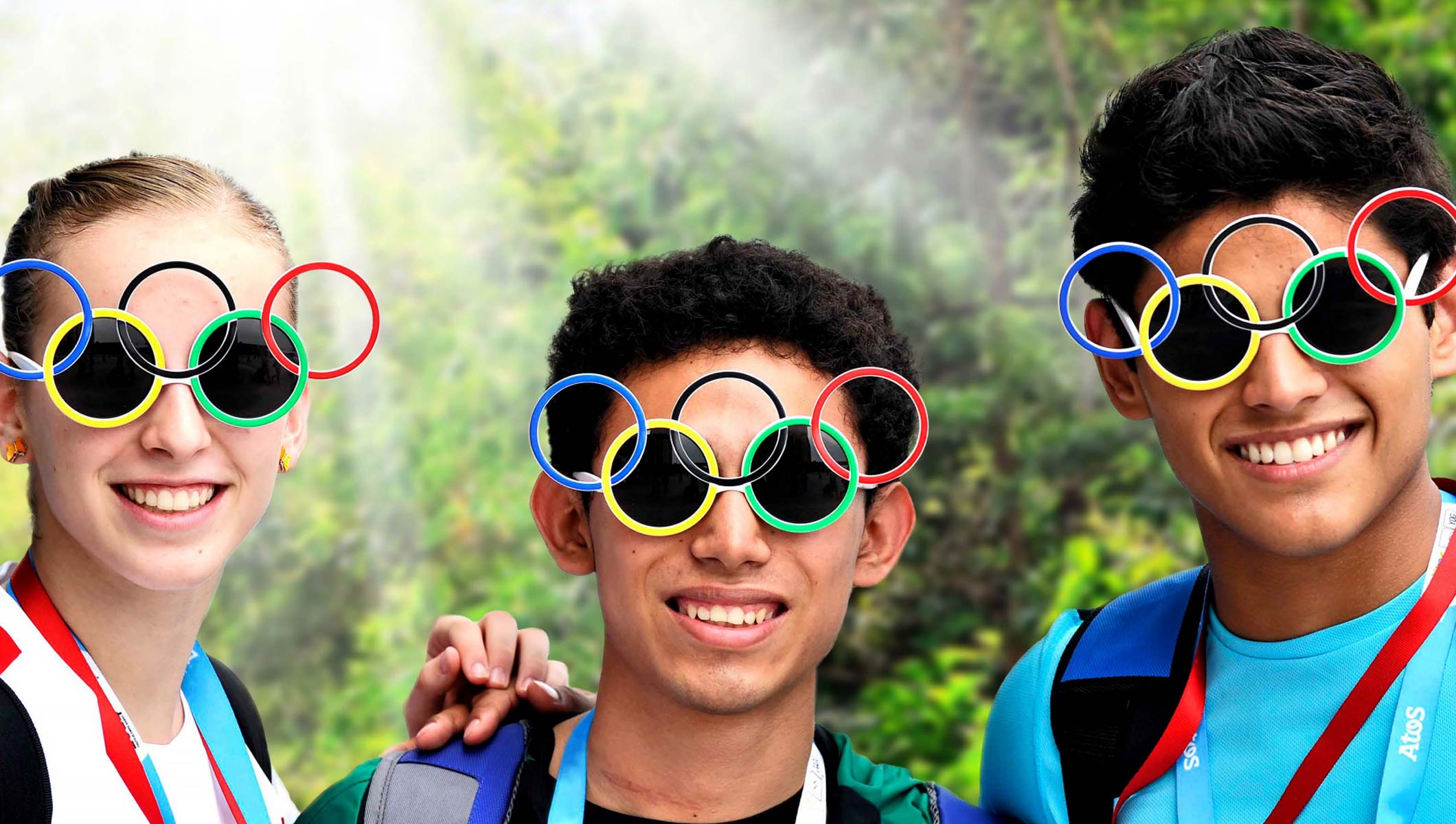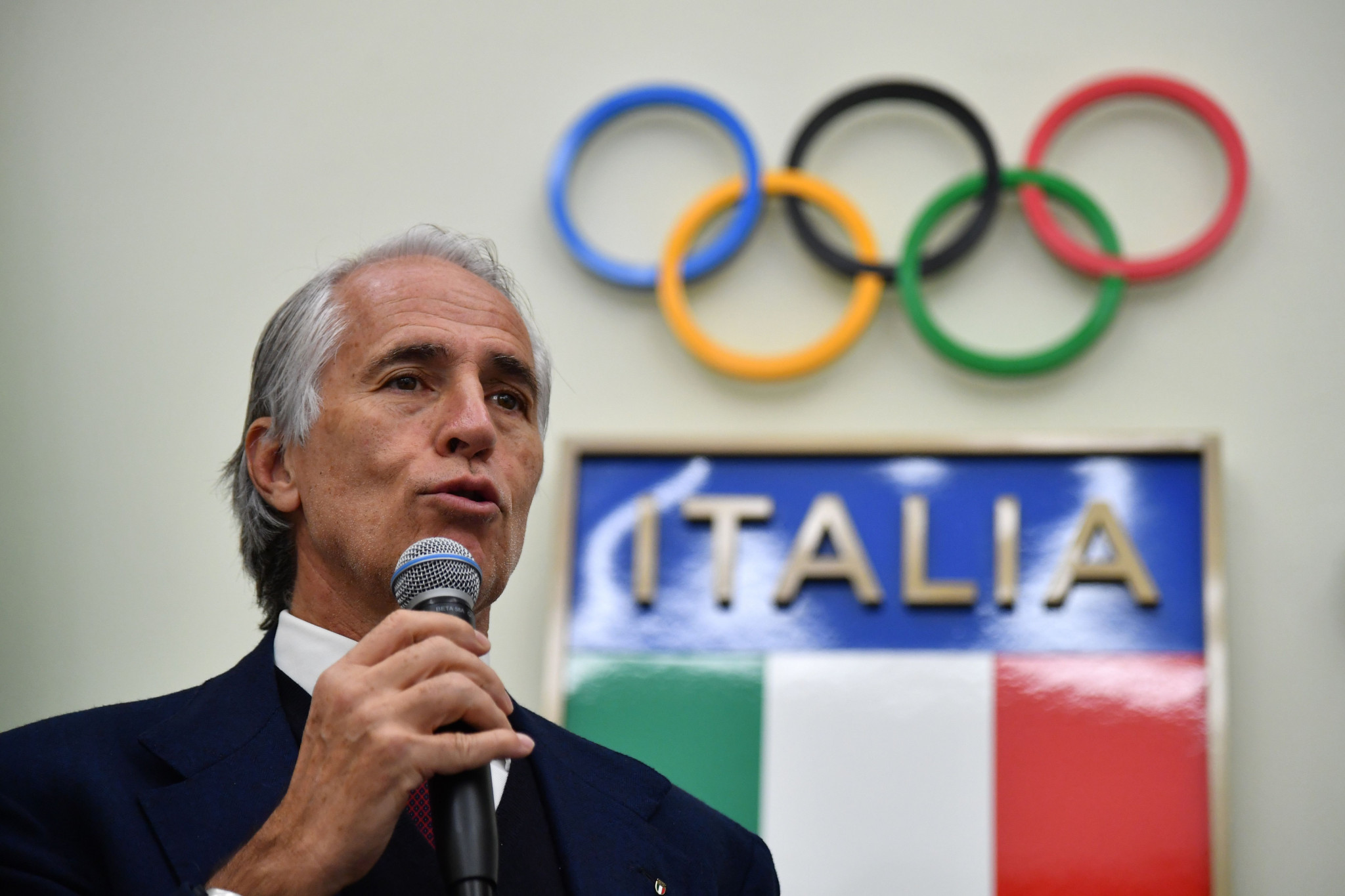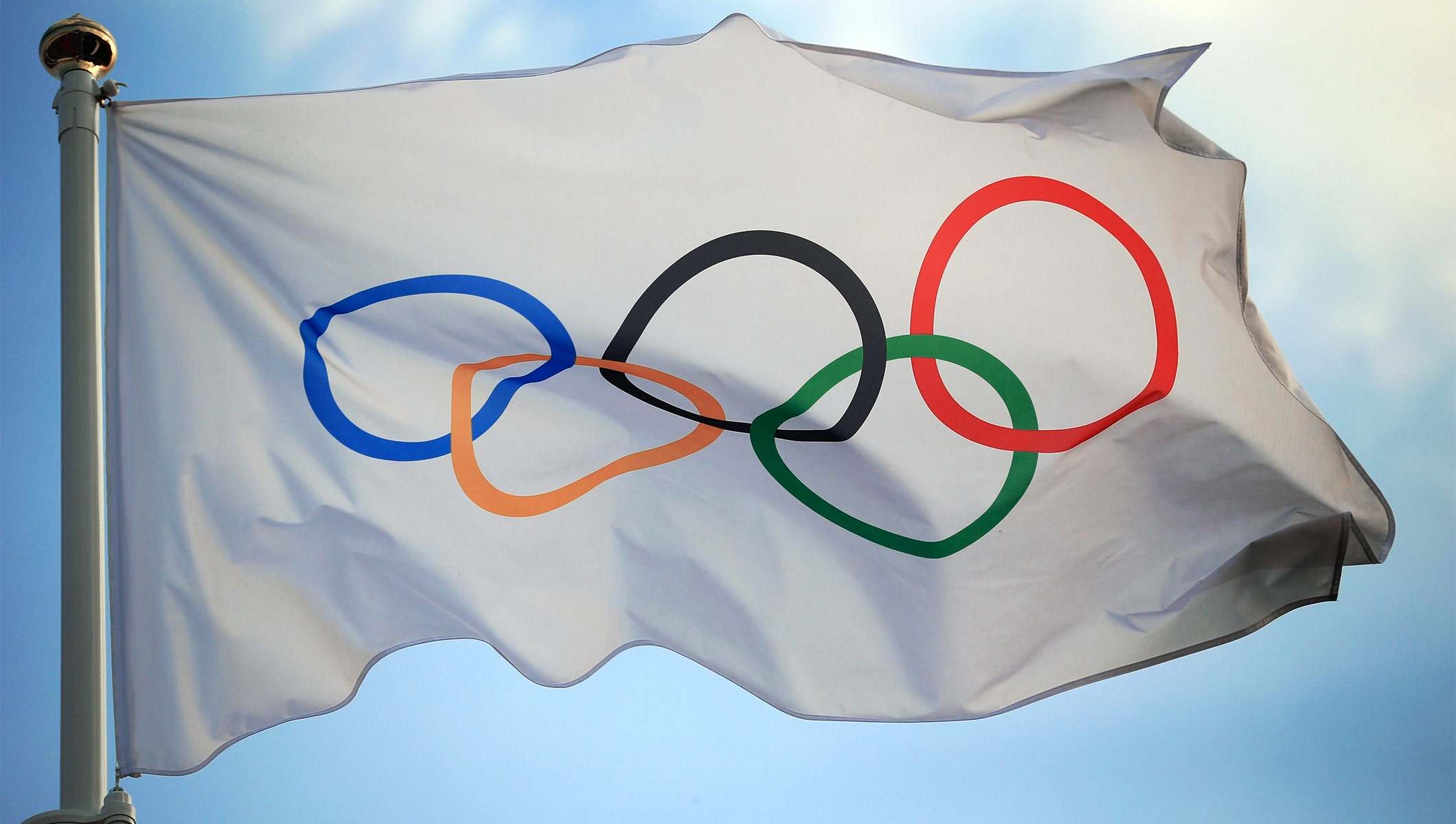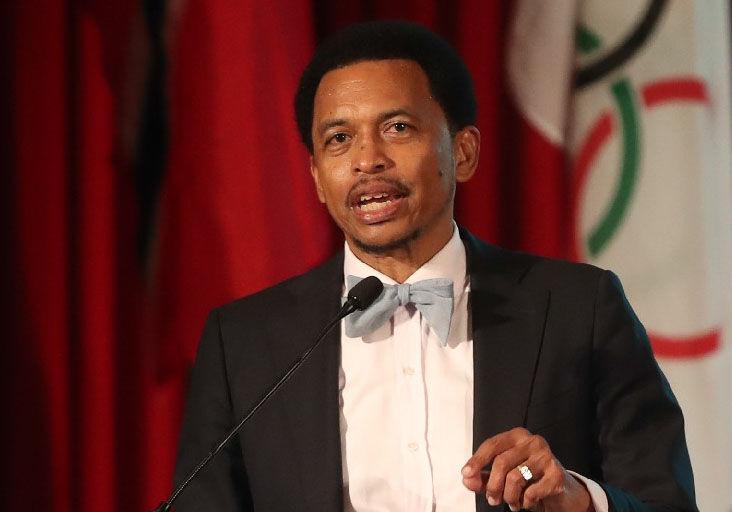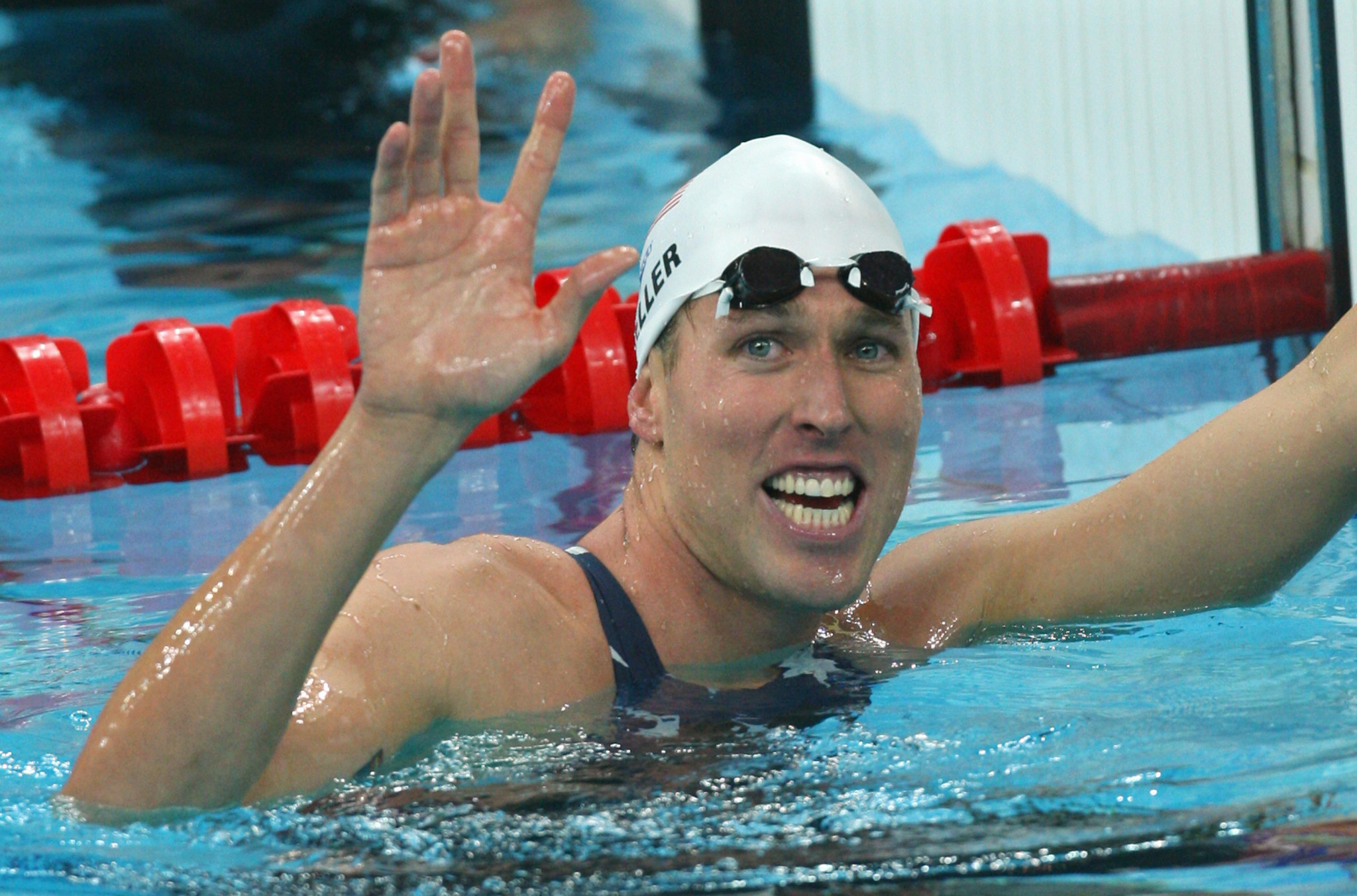OLYMPIC GAMES
Learn more about the Olympic Games
Italian NOC will "never" ask for Tokyo 2020 athletes to get vaccine ahead of others
The Italian National Olympic Committee will "never" ask for its athletes to be vaccinated before others in the country in order to compete at the re-scheduled Tokyo 2020 Games, its President, Giovanni Malagò, has insisted.
IOC DISCUSSES PREPARATIONS FOR TOKYO 2020 AND BEIJING 2022 WITH NATIONAL OLYMPIC COMMITTEES
IOC President Thomas Bach held consultation calls with the National Olympic Committees (NOCs) on Friday, as the Olympic Movement enters the final stretch in the preparations for the postponed Olympic and Paralympic Games Tokyo 2020, and the Olympic and Paralympic Winter Games Beijing 2022.
Full backing
TTOC to support Games even behind closed doors
The Trinidad and Tobago Olympic Committee (TTOC) is standing strongly behind the International Olympics Committee’s (IOC) commitment to hosting the rescheduled July 23-August 8 Tokyo 2020 Olympic Games.
In response to a number of international media articles and speculation about a possible cancellation...
Olympic swimming gold medallist Keller identified at US Capitol riot
Olympic swimming gold medallist Klete Keller has been identified as part of the group which stormed the Capitol Building in Washington D.C. last week - wearing United States Olympic apparel.

